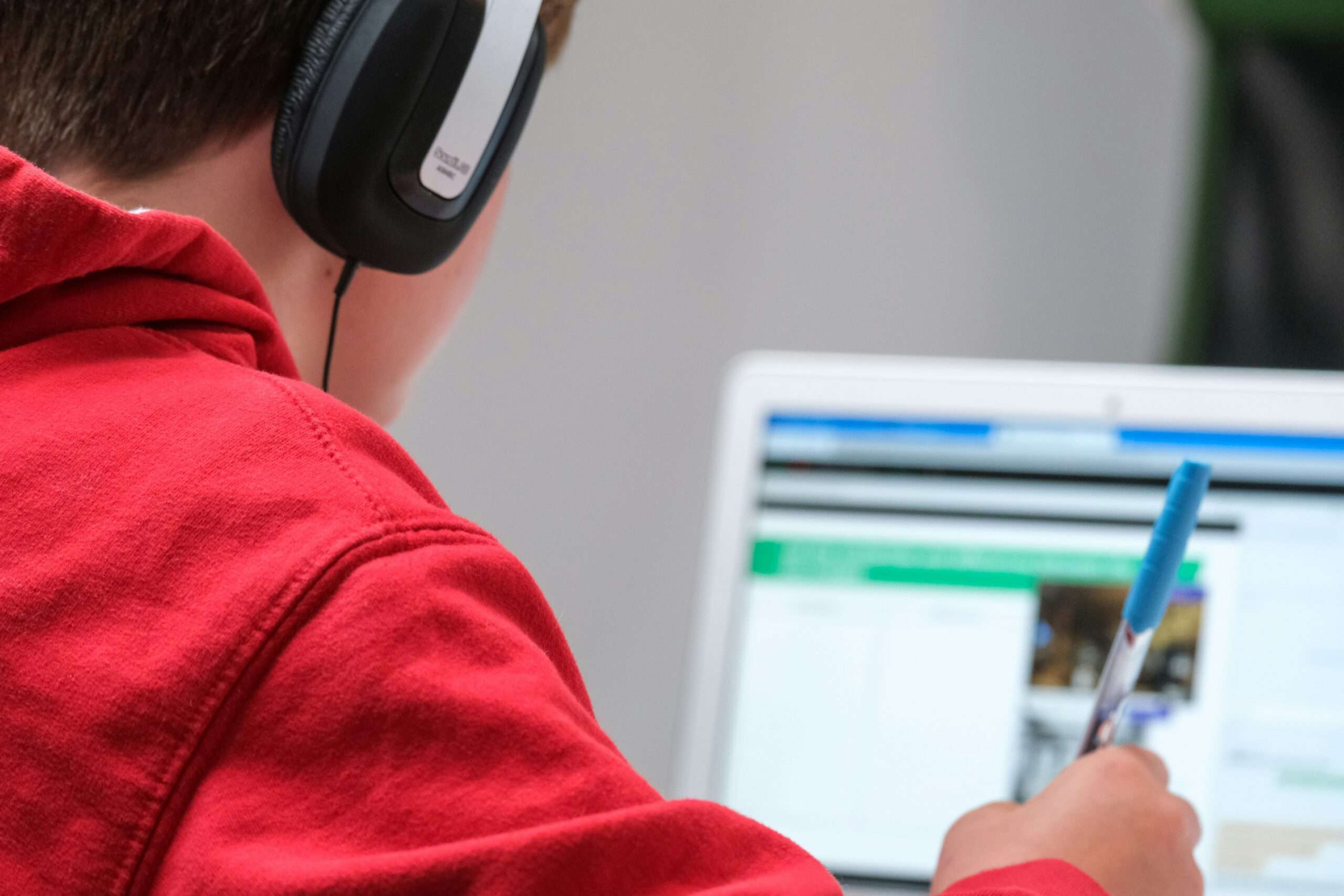Online learning, also known as e-learning, has become increasingly popular in recent years. With advancements in technology and the widespread availability of the internet, more and more people are turning to online platforms for their educational needs. In this post, we will explore the advantages and disadvantages of online learning.

Advantages of Online Learning
1. Flexibility: One of the biggest advantages of online learning is the flexibility it offers. Students can access course materials and complete assignments at their own pace, allowing them to balance their studies with other commitments such as work or family responsibilities.
2. Convenience: Online learning eliminates the need for commuting to a physical classroom. Students can access their courses from anywhere with an internet connection, saving time and money on transportation.
3. Access to a Wide Range of Courses: Online learning provides access to a wide range of courses and programs that may not be available in traditional educational institutions. Students can choose from a variety of subjects and pursue their interests or acquire new skills.
4. Personalized Learning Experience: Online learning allows students to learn at their own pace and in their preferred style. They can review materials, re-watch lectures, and ask questions without feeling rushed. This personalized approach can enhance the learning experience and improve retention.
5. Global Networking: Online learning provides opportunities for students to connect with peers and professionals from around the world. Through discussion forums, online communities, and collaborative projects, students can gain diverse perspectives and build a global network.
Disadvantages of Online Learning
1. Lack of Face-to-Face Interaction: One of the main drawbacks of online learning is the lack of face-to-face interaction with instructors and classmates. This can make it challenging for some students to ask questions, seek clarification, or engage in discussions.
2. Self-Motivation and Time Management: Online learning requires a high level of self-discipline, motivation, and time management skills. Without the structure and accountability of a physical classroom, some students may struggle to stay focused and keep up with assignments.
3. Limited Hands-On Experience: Certain subjects, such as science or practical skills, may require hands-on experience that is difficult to replicate in an online setting. While virtual simulations and interactive exercises can help, they may not fully replace the benefits of hands-on learning.
4. Technical Issues: Online learning relies heavily on technology, and technical issues such as internet connectivity problems or software glitches can disrupt the learning process. Students need to have access to reliable technology and be prepared to troubleshoot any technical issues that may arise.
5. Potential for Isolation: Online learning can be a solitary experience, especially for students who thrive on social interaction. The lack of physical presence and face-to-face interaction can lead to feelings of isolation and loneliness.
Conclusion
Online learning offers numerous advantages, such as flexibility, convenience, and access to a wide range of courses. However, it also has its disadvantages, including the lack of face-to-face interaction and the need for self-motivation and time management skills. While online learning may not be suitable for everyone or every subject, it can be a valuable educational option for those who are able to adapt to its unique challenges. As technology continues to advance, online learning is likely to become an even more prevalent and effective method of education.